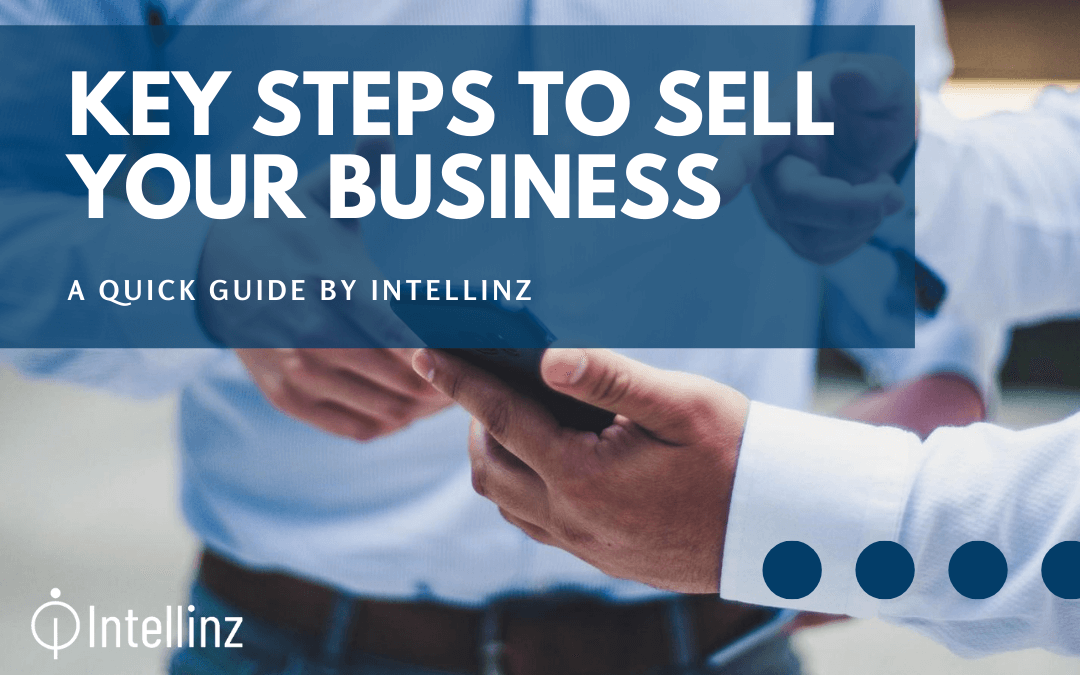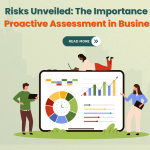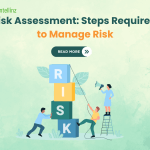Key Steps to Sell Your Business
In the first half of 2021, merger & acquisition activity hit a record-high, increasing by 82.4%, according to Refinitiv. If you’re considering selling your business, you’re not alone, and there are a lot of potential buyers out there.
With the right deal, selling business can be highly rewarding, but it’s often a mentally taxing experience. You need to consider numerous things and make a lot of decisions. Owing to the complexities involved, you may need to hire an attorney, a broker, and/or an accountant for a smooth company handover. While each business has unique circumstances, the fundamentals of selling a business remain the same.
In this guide, we’ll enlighten you on some tried-and-tested steps to selling a business in the Singapore market.
Conduct Business Valuation
At the time your business was launched, its value probably wasn’t much. As the proportion of assets increased over time, the value should have dramatically increased. The proceeds you get from selling your business will depend on this determined value.
Conducting proper business valuation is not easy. Price it too high, and you may not be able to attract buyers; price is too low, and you may not get what your business is truly worth. Seeking business valuation services from an experienced valuation firm should not just help you achieve a realistic price but a third-party, professional valuation also brings credibility to the asking price.
Get Your Financials in Order
Given the highly competitive and uncertain business landscape of Singapore, the modern business buyer is looking for businesses that will not only generate profits but also come with long-term viability. For this reason, they tend to conduct more comprehensive due diligence than ever before. This is why you need to ensure that your finances are in order.
Work with a business consultant to review your tax returns and financial statements dating back to three to five years. Develop a list of equipment and inventories that you wish to sell with the business, including any intangible assets like intellectual property. The consultant should also help you organize and present all documents in a way that’s useful to potential buyers. Be as transparent as possible so that the buyer knows exactly what they’re getting.
Finding a Buyer
The business broker you hire should also be of great help in finding your ideal business buyer. They’ll list your business on numerous marketplaces with the right pricing. With a large buyer pool, you have greater chances to sell your business at the best possible price. Your broker will also run a background check on the financial situation of the buyer and screen accordingly, while also helping you through the due diligence process.
Conclusion
While many small business owners choose to avoid the cost of a business broker when selling business, their risks of selling on their own often outweigh the money saved by avoiding this cost. A business broker will guide you through every step in the company handover. Whether you need help with KYC due diligence, business valuation, finding potential buyers, or any other aspect in the business selling process, get in touch with Intellinz at your earliest.






